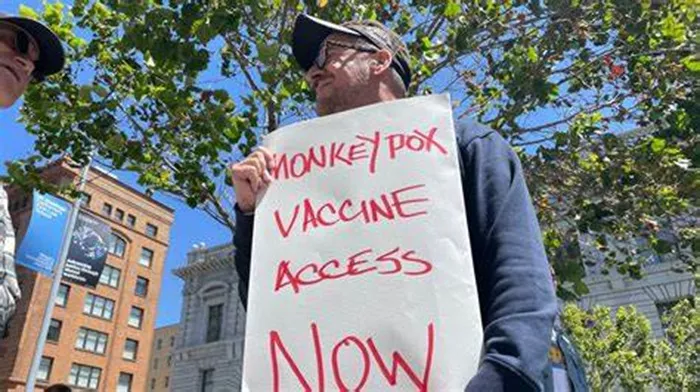Since January 2024, the World Health Organization (WHO) has confirmed over 5,700 cases of monkeypox across Africa, with Burundi ranking as the second most affected nation, following the Democratic Republic of the Congo (DRC). The DRC is experiencing a dramatic surge in cases, accounting for nearly 90% of the continent’s confirmed infections. To date, the DRC has reported more than 4,901 confirmed cases and over 629 deaths, marking a significant increase from previous years.
The DRC is currently grappling with two severe outbreaks: one entrenched in endemic provinces and another spreading rapidly in the eastern regions. This alarming trend has spilled over into neighboring Burundi, which is facing its own significant outbreak, with a total of 392 confirmed cases reported as of September 9. While no fatalities have been recorded in Burundi, the situation remains concerning due to the limited testing resources available, which began only seven weeks ago, raising suspicions of underreporting. Notably, the rate of increase in monkeypox cases in Burundi exceeds that of the DRC, indicating potential for further escalation.
Geographical Distribution and Demographics
The outbreak in Burundi is primarily concentrated in the North Bujumbura Health District, where 180 cases—46.7% of the national total—have been reported. Within this district, the Kamenge and Kinama zones are particularly affected, with 73 and 52 cases, respectively, comprising 52.5% of the district’s total cases. The South Bujumbura Health District follows with 39 confirmed cases (10.1% of the total). Although half of the cases have emerged in urban areas of Bujumbura, monkeypox has spread to 61% of the country’s districts. Alarmingly, the epidemic predominantly affects children, with 52.6% of confirmed cases involving individuals under the age of 15.
Government Response and Challenges
The situation escalated rapidly when the Minister of Public Health and the Fight Against AIDS officially reported the monkeypox cases in Burundi on July 25. By August 6, the Ministry had validated a response plan requiring over $14 million for six months of operations. Subsequently, on August 14, the WHO declared the outbreak a Public Health Emergency of International Concern.
In response, the Burundian government has allocated nearly $1 million to support the response plan but is heavily reliant on international development partners to fulfill the funding gap. Additionally, efforts are underway to enhance the national laboratory’s capacity to identify various monkeypox strains, including the Clade Ib variant.
Despite these efforts, several critical challenges persist. The high positivity rate reflects widespread virus transmission, while shortages in diagnostic resources and medical supplies hinder effective outbreak management. A backlog of 55 suspected cases awaiting investigation further underscores the urgency for expedited diagnostic processes. Effective resource allocation and sustained support from international partners are crucial for controlling this outbreak and preventing a deeper health crisis.
Related Topics
How Can You Exercise With Heart Disease?


































